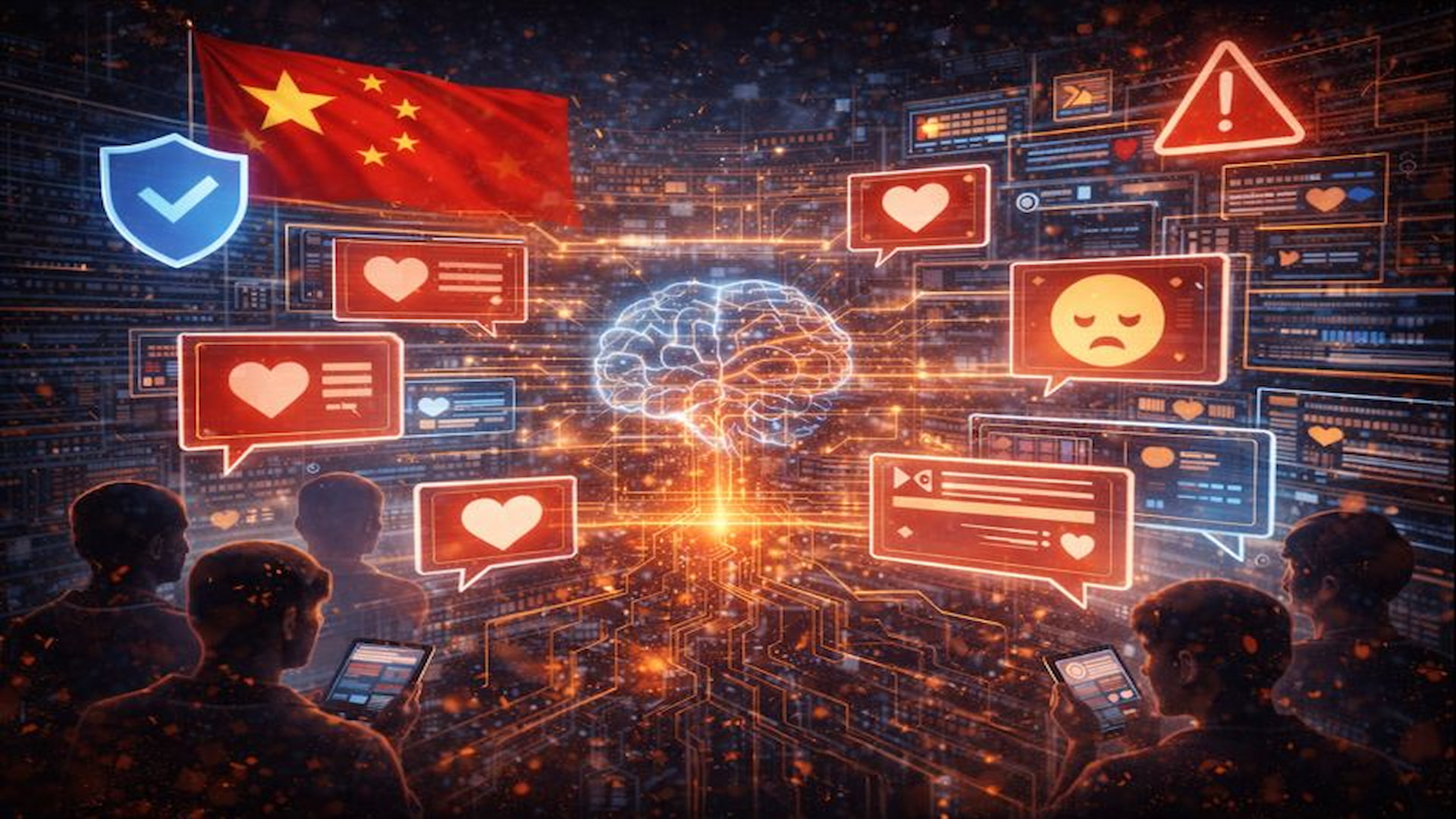A recent SmartAsset study based on IRS tax return data highlights sharp regional differences in Bitcoin participation across the US. Crypto engagement is concentrated in certain states, driven by income, tech adoption, and local economic culture.
Washington leads the rankings, with 2.43 per cent of taxpayers reporting crypto transactions, followed by Utah, California, Colorado and New Jersey. These states have strong tech sectors, higher incomes, and populations familiar with digital financial tools.
New Jersey’s position also shows that crypto interest extends beyond traditional tech hubs in the West. At the opposite end, states such as West Virginia, Mississippi, Kentucky, Louisiana and Alabama record participation close to or below one per cent.
Lower household incomes, smaller tech industries and a preference for conventional financial products appear to limit reported crypto activity, although some low-level holdings may not surface in tax data.
The data also reflects crypto’s sensitivity to market cycles. Participation surged during the 2021 bull run before declining sharply in 2022 as prices fell.
Higher-income households remain far more active than middle-income earners, reinforcing the view that Bitcoin adoption in the US is still largely speculative and unevenly distributed.
Would you like to learn more about AI, tech and digital diplomacy? If so, ask our Diplo chatbot!










